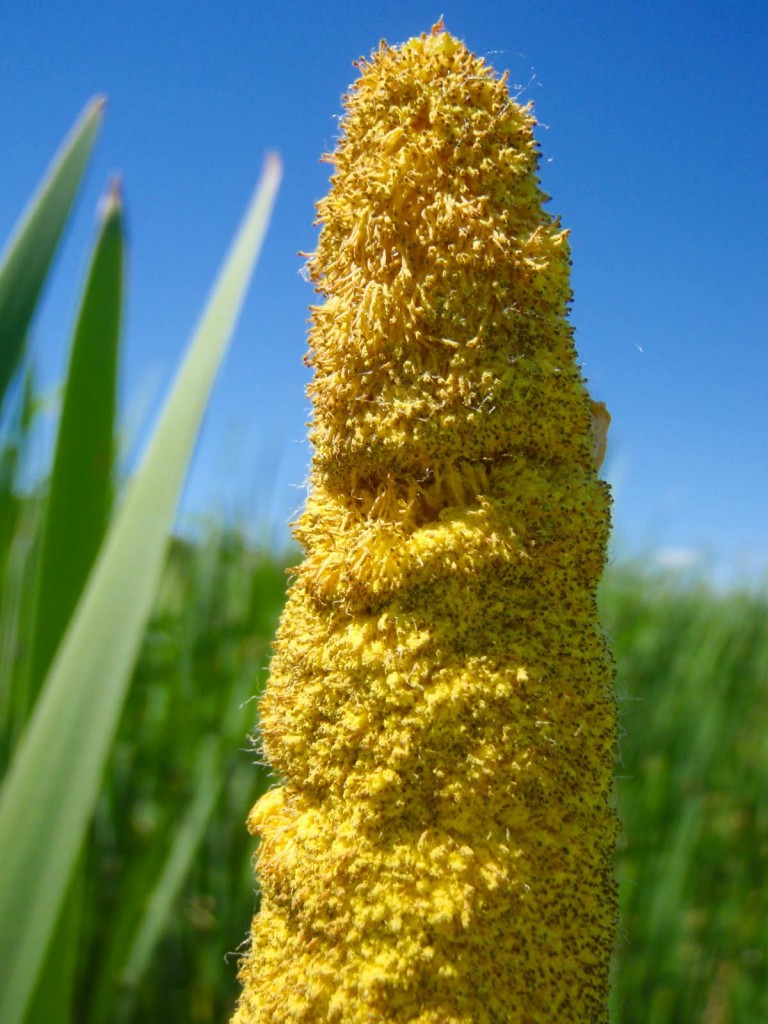The best way to prevent allergic rhinitis is to avoid the allergen that causes it.
But this isn’t always easy. Allergens, such as dust mites, aren’t always easy to spot and can breed in even the cleanest house.
It can also be difficult to avoid coming into contact with pets, particularly if they belong to friends and family.
Below is some advice to help you avoid the most common allergens.
House dust mites
Dust mites are one of the biggest causes of allergies. They’re microscopic insects that breed in household dust.
To help limit the number of mites in your house, you should:
consider buying an air-permeable occlusive mattress and bedding covers – this type of bedding acts as a barrier to dust mites and their droppings
choose wood or hard vinyl floor coverings instead of carpet
fit roller blinds that can be easily wiped clean
regularly clean cushions, soft toys, curtains and upholstered furniture, either by washing or vacuuming them
use synthetic pillows and acrylic duvets instead of woollen blankets or feather bedding
use a vacuum cleaner fitted with a high efficiency particulate air (HEPA) filter – it can remove more dust than ordinary vacuum cleaners
use a clean damp cloth to wipe surfaces – dry dusting can spread allergens further
Concentrate your efforts on controlling dust mites in the areas of your home where you spend most time, such as the bedroom and living room.
Pets
It isn’t pet fur that causes an allergic reaction, but exposure to flakes of their dead skin, saliva and dried urine.
If you can’t permanently remove a pet from the house, you may find the following tips useful:
keep pets outside as much as possible or limit them to one room, preferably one without carpet
don’t allow pets in bedrooms
wash pets at least once a fortnight
groom dogs regularly outside
regularly wash bedding and soft furnishings your pet has been on
If you’re visiting a friend or relative with a pet, ask them not to dust or vacuum on the day you’re visiting because it will disturb allergens into the air.
Pollen
Different plants and trees pollinate at different times of the year, so when you get allergic rhinitis will depend on what sort of pollen(s) you’re allergic to.
Most people are affected during the spring and summer months because this is when most trees and plants pollinate.
To avoid exposure to pollen, you may find the following tips useful:
check weather reports for the pollen count and stay indoors when it’s high
avoid line-drying clothes and bedding when the pollen count is high
wear wraparound sunglasses to protect your eyes from pollen
keep doors and windows shut during mid-morning and early evening, when there’s most pollen in the air
shower, wash your hair and change your clothes after being outside
avoid grassy areas, such as parks and fields, when possible
if you have a lawn, consider asking someone else to cut the grass for you
Mould spores
Moulds can grow on any decaying matter, both in and outside the house. The moulds themselves aren’t allergens, but the spores they release are.
Spores are released when there’s a sudden rise in temperature in a moist environment, such as when central heating is turned on in a damp house or wet clothes are dried next to a fireplace.
To help prevent mould spores, you should:
keep your home dry and well ventilated
when showering or cooking, open windows but keep internal doors closed to prevent damp air spreading through the house, and use extractor fans
avoid drying clothes indoors, storing clothes in damp cupboards and packing clothes too tightly in wardrobes
deal with any damp and condensation in your home
Read more about how damp and mould can affect your health and how to get rid of damp and mould.

